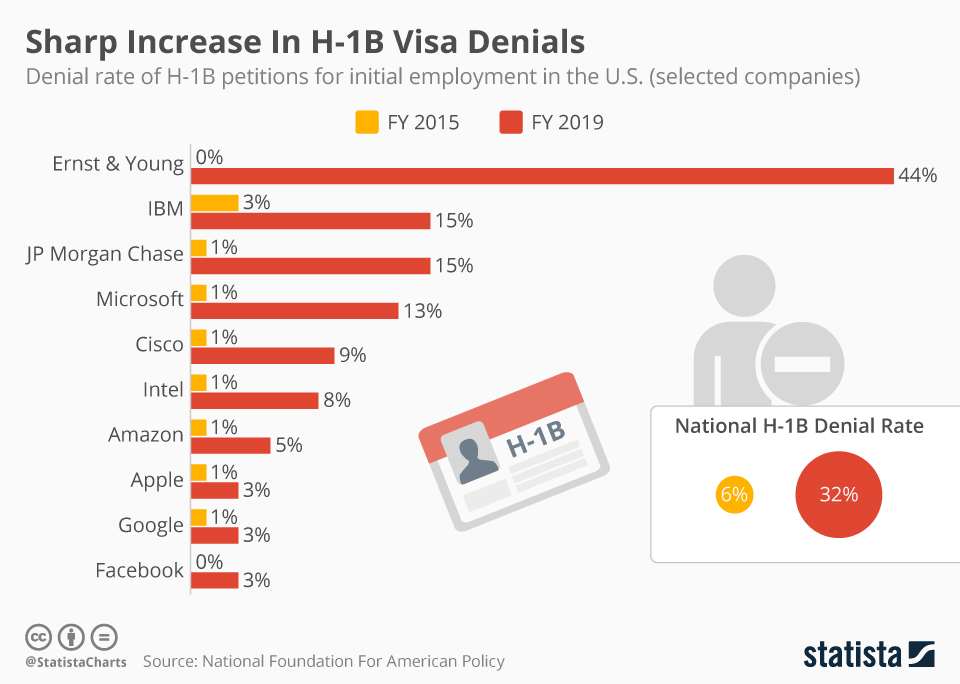Remote working allows transnational teams
Several weeks into remote working have demonstrated that for many industries and professions, lack of physical contact does not, at least in the mid-term, substantially decrease the quality or efficiency of the output.
As companies grow progressively accustomed to remote co-working, it poses a question – could they exponentially widen their talent pools?
When sitting in the same room is no longer a prerequisite of a successful delivery, do colleagues have to sit in the same country?
Remote working lowers barriers
If continuous transnational co-working could be organised, the barriers of old – the relocation costs, visa denials – would no longer be critical. At the very least, remote co-working would allow extended trial periods.

Adapting to time zones & culture
Continuous remote co-working would bring its challenges.
- Separation by time zones may call for a new rhythm where colleagues spend a part of their day collaborating, and the remaining hours – working in solitude, which may actually be beneficial to both productivity and staff wellbeing.
- Not sharing any social time would make it more difficult to understand and follow the company’s culture; or even to have one. A remedy will need to be found, but it could range from in-office induction weeks to creative use of digital tools. If a digital night club can be successful, surely the sky is the limit.
The first companies to find a way to dissolve geographic barriers when it comes to talent acquisition stand to gain a substantial competitive advantage, drawing from a much wider pool of talent, offering a higher diversity of experience. Necessity is still the mother of invention.
In short
- Remote working seems to work for many.
- Remote working allows the induction of international talent with minimal hurdles.
- Whoever irons out the remaining creases first – will gain a substantial competitive advantage.


